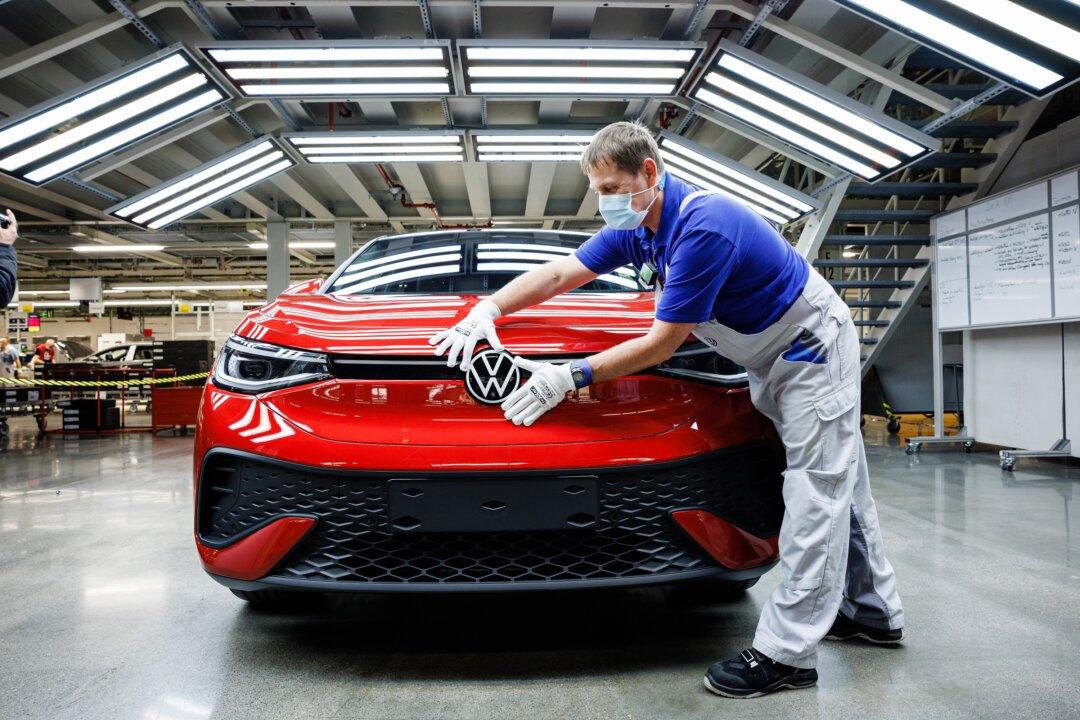Soaring energy costs pushed Germany’s producer prices to a record high in May, suggesting households in Europe’s biggest economy should brace for even higher consumer price inflation as at least a portion of higher business costs tends to be passed along to end consumers.
Germany’s statistical agency said on June 20 that its gauge of producer prices vaulted 33.6 percent in annualized terms in May, the fastest pace since the start of data collection in 1949.





